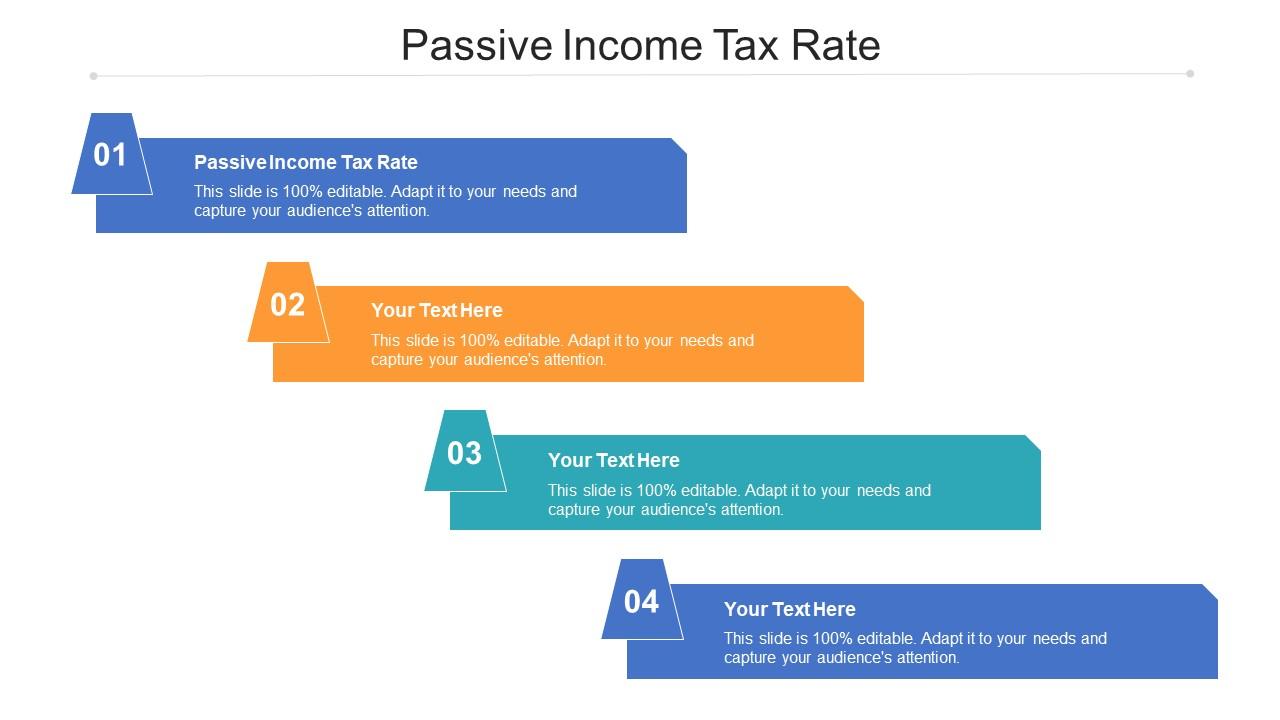Home>Finance>When Do Debt Collectors Report To Credit Bureau


Finance
When Do Debt Collectors Report To Credit Bureau
Published: March 3, 2024
Learn when debt collectors report to credit bureaus and how it impacts your finances. Understand the timing and consequences to manage your credit wisely.
(Many of the links in this article redirect to a specific reviewed product. Your purchase of these products through affiliate links helps to generate commission for LiveWell, at no extra cost. Learn more)
Table of Contents
Introduction
Welcome to the complex world of personal finance, where the decisions we make today can have lasting effects on our financial well-being. One crucial aspect of personal finance is credit management, and understanding the relationship between debt collection and credit reporting is essential for maintaining a healthy credit profile. In this article, we will delve into the intricate interplay between debt collection and credit reporting, shedding light on when debt collectors report to credit bureaus and the implications for consumers.
Dealing with debt collectors can be a daunting experience, and the impact of their actions on credit reports can significantly influence an individual’s financial standing. By gaining insights into this process, you can empower yourself to make informed decisions and take proactive steps to mitigate any negative repercussions on your creditworthiness.
Throughout this article, we will explore the role of credit bureaus, the timing of debt collection reporting, and the potential effects on credit reports. Additionally, we will provide practical guidance on managing debt collection and credit reporting, equipping you with the knowledge to navigate this intricate landscape with confidence.
Understanding Debt Collection and Credit Reporting
Debt collection is a process wherein creditors or third-party debt collectors attempt to recover outstanding balances from individuals who have defaulted on their payments. When a consumer fails to pay a debt, the original creditor may engage a collection agency to pursue the outstanding amount. This can lead to persistent calls, letters, and other forms of communication aimed at securing payment.
Credit reporting, on the other hand, involves the compilation of individuals’ credit histories and their financial behavior into credit reports. These reports are maintained by credit bureaus, which gather information from various sources, including lenders, utility companies, and government agencies. The data in credit reports is used to generate credit scores, which play a pivotal role in determining an individual’s creditworthiness when applying for loans, mortgages, or credit cards.
When a debt is sent to collections, it can have a profound impact on an individual’s credit report. The collection account may be listed on the credit report, indicating to potential lenders that the consumer has a history of delinquent payments. This negative information can lower the individual’s credit score and make it more challenging to obtain favorable terms on future credit products.
Understanding the dynamics of debt collection and credit reporting is crucial for consumers facing financial difficulties. By comprehending how these processes intersect, individuals can take proactive measures to address outstanding debts and minimize the adverse effects on their credit profiles. In the following sections, we will delve deeper into the role of credit bureaus, the timing of debt collection reporting, and strategies for managing debt collection and credit reporting challenges.
The Role of Credit Bureaus
Credit bureaus, also known as credit reporting agencies, play a pivotal role in the financial ecosystem by collecting and maintaining individuals’ credit information. These agencies gather data from various sources, including lenders, creditors, and public records, to compile comprehensive credit reports for consumers. The primary function of credit bureaus is to assess individuals’ creditworthiness and provide this information to lenders, landlords, employers, and other entities with a legitimate need for such data.
There are three major credit bureaus in the United States: Equifax, Experian, and TransUnion. Each bureau independently gathers and maintains credit information, resulting in potentially varying reports for the same individual. The data within these reports typically includes personal identifying information, credit accounts, payment history, outstanding debts, and public records such as bankruptcies or tax liens.
When a debt is sent to collections, the credit bureaus may be notified of this status by the collection agency or the original creditor. Subsequently, the collection account is added to the individual’s credit report, where it can significantly impact their credit score and overall creditworthiness. This negative information remains on the credit report for a specified period, typically seven years from the date of the original delinquency.
Consumers have the right to obtain free copies of their credit reports from each of the major credit bureaus once every 12 months through AnnualCreditReport.com. Reviewing these reports regularly enables individuals to monitor their credit information and address any inaccuracies or discrepancies that could potentially harm their credit standing.
Understanding the role of credit bureaus in compiling credit reports and the impact of debt collection on this process is essential for individuals seeking to maintain healthy credit profiles. By staying informed about the workings of credit bureaus, consumers can take proactive steps to manage their credit information and address any adverse consequences resulting from debt collection activities.
When Debt Collectors Report to Credit Bureaus
Debt collectors typically report delinquent accounts to credit bureaus after a certain period of non-payment. While the exact timeline may vary, it is common for debt collectors to initiate credit reporting after the account has been delinquent for 180 days. This timeframe aligns with the guidelines outlined in the Fair Credit Reporting Act (FCRA), which governs the reporting of consumer credit information and ensures the accuracy and fairness of credit reports.
Upon reporting the delinquent account to the credit bureaus, the collection agency or creditor is required to provide accurate and verifiable information about the debt. This includes details such as the original creditor, the outstanding balance, and the dates of delinquency and collection placement. Once this information is added to the individual’s credit report, it can significantly impact their credit score and overall creditworthiness.
It is important to note that the reporting of a collection account can have immediate negative repercussions on an individual’s credit profile, potentially lowering their credit score by a substantial margin. This can make it more challenging to secure favorable terms on future credit products and may result in increased interest rates or outright denials of credit applications.
Given the potential consequences of debt collection reporting, individuals should be proactive in addressing delinquent accounts and negotiating with creditors or collection agencies to resolve outstanding debts. Taking timely action to address delinquencies can help minimize the impact on credit reports and prevent further deterioration of credit scores.
Understanding when debt collectors report to credit bureaus empowers consumers to anticipate the potential effects of delinquent accounts on their credit profiles. By staying informed about the timing and implications of credit reporting by debt collectors, individuals can take strategic steps to manage their debts and mitigate the adverse impact on their creditworthiness.
Impact of Debt Collection on Credit Reports
When a debt is sent to collections and subsequently reported to credit bureaus, it can have significant and lasting effects on an individual’s credit report and credit score. The presence of a collection account on a credit report is considered a negative item and can substantially lower the individual’s credit score, making it more challenging to obtain new credit or favorable terms on financial products.
The impact of debt collection on credit reports extends beyond the credit score alone. Potential lenders and creditors reviewing the credit report may view the presence of collection accounts as a red flag, indicating a history of delinquent payments and financial distress. As a result, individuals with collection accounts on their credit reports may face higher interest rates, reduced credit limits, or outright denials when applying for new credit cards, loans, or mortgages.
Furthermore, the negative information associated with collection accounts remains on the credit report for a significant period, typically seven years from the date of the original delinquency. During this time, the presence of collection accounts can continue to hinder the individual’s ability to access favorable credit opportunities and may impact their overall financial well-being.
It is important to recognize that the impact of debt collection on credit reports is not limited to the numerical credit score. The negative information can influence various aspects of an individual’s financial life, including rental applications, insurance premiums, and even employment background checks. As such, addressing and resolving collection accounts is crucial for mitigating the broader repercussions on one’s financial health.
Understanding the far-reaching impact of debt collection on credit reports underscores the importance of actively managing and addressing delinquent accounts. By taking proactive steps to resolve outstanding debts and minimize the adverse effects on credit reports, individuals can work towards restoring their financial stability and regaining access to favorable credit opportunities.
How to Handle Debt Collection and Credit Reporting
Effectively managing debt collection and its impact on credit reporting requires a strategic and proactive approach. Individuals facing collection accounts on their credit reports can take several steps to address the situation and mitigate the adverse effects on their creditworthiness.
1. Verify the Debt: Upon receiving communication from a debt collector, it is essential to verify the validity and accuracy of the debt. Request detailed information about the debt, including the original creditor, outstanding balance, and dates of delinquency. This can help ensure that the debt is legitimate and that the collection agency has the legal right to pursue payment.
2. Negotiate a Settlement: If the debt is valid, consider negotiating a settlement with the collection agency. In some cases, creditors may be willing to accept a reduced amount as payment in full, particularly if the debt has been outstanding for an extended period. Obtaining a written agreement detailing the terms of the settlement is crucial to avoid potential disputes in the future.
3. Request Validation: Consumers have the right to request validation of the debt from the collection agency. This involves asking for documentation and evidence that the collection agency has the legal authority to collect the debt. If the agency fails to provide adequate validation, individuals may have grounds to dispute the debt and have it removed from their credit report.
4. Consider a Pay-for-Delete Agreement: In some cases, individuals may negotiate a pay-for-delete agreement with the collection agency, wherein the agency agrees to remove the collection account from the credit report upon receiving payment. While not all collection agencies are willing to engage in this practice, it can be a viable option for improving credit reports.
5. Monitor Credit Reports: Regularly monitoring credit reports is essential for identifying any inaccuracies or discrepancies resulting from debt collection activities. Individuals can take advantage of the free annual credit reports available from the major credit bureaus to stay informed about their credit information and address any issues promptly.
By taking proactive steps to address debt collection and credit reporting challenges, individuals can work towards resolving outstanding debts and minimizing the impact on their credit profiles. Engaging in open communication with collection agencies, understanding consumer rights, and actively managing credit information are crucial elements of navigating the complexities of debt collection and credit reporting.
Conclusion
Navigating the intersection of debt collection and credit reporting is a critical aspect of maintaining financial stability and securing favorable credit opportunities. The intricate relationship between these processes underscores the importance of understanding the timing of debt collection reporting, the impact on credit reports, and the strategies for effectively managing these challenges.
Individuals facing debt collection activities should be proactive in addressing delinquent accounts and negotiating with collection agencies to reach favorable resolutions. By verifying the validity of debts, negotiating settlements, and monitoring credit reports for inaccuracies, consumers can take control of their financial situations and work towards mitigating the adverse effects of collection accounts on their creditworthiness.
It is essential for consumers to stay informed about their rights under the Fair Credit Reporting Act (FCRA) and the regulations governing debt collection practices. This knowledge empowers individuals to advocate for fair treatment and accurate reporting of their credit information, ultimately contributing to a more transparent and equitable credit ecosystem.
Regularly monitoring credit reports and addressing any discrepancies resulting from debt collection activities is a proactive measure that can help individuals safeguard their credit standing and take timely action to rectify any issues. By staying vigilant and informed, consumers can position themselves to make informed financial decisions and pursue opportunities for credit improvement.
In conclusion, the impact of debt collection on credit reports underscores the need for individuals to actively engage with their credit information and take strategic steps to address collection accounts. By leveraging their consumer rights, negotiating with collection agencies, and staying informed about credit reporting practices, individuals can navigate the complexities of debt collection and credit reporting with confidence, working towards restoring their financial stability and securing a brighter financial future.














